Related Research Articles
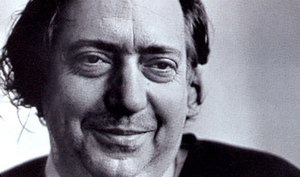
Henri Langlois was a French film archivist and cinephile. A pioneer of film preservation, Langlois was an influential figure in the history of cinema. His film screenings in Paris in the 1950s are often credited with providing the ideas that led to the development of the auteur theory.

The Cinémathèque Française, founded in 1936, is a French non-profit film organization that holds one of the largest archives of film documents and film-related objects in the world. Based in Paris's 12th arrondissement, the archive offers daily screenings of worldwide films.
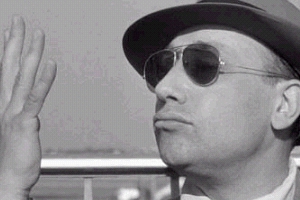
Jean-Pierre Grumbach, known professionally as Jean-Pierre Melville, was a French filmmaker. Considered a spiritual father of the French New Wave, he was one of the first fully-independent French filmmakers to achieve commercial and critical success. His works include the crime dramas Bob le flambeur (1956), Le Doulos (1962), Le Samouraï (1967), and Le Cercle Rouge (1970), and the war films Le Silence de la mer (1949) and Army of Shadows (1969).
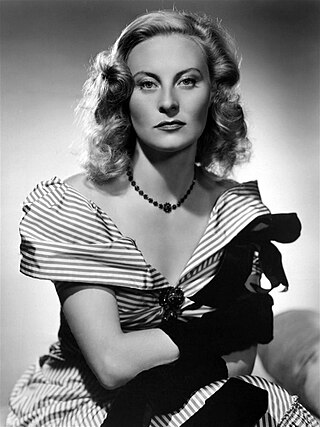
Michèle Morgan was a French film actress, who was a leading lady for three decades in both French cinema and Hollywood features. She is considered to have been one of the great French actresses of the 20th century. Morgan was the inaugural winner of the Best Actress Award at the Cannes Film Festival. In 1992, she was given an honorary César Award for her contributions to French cinema.

Jean Epstein was a French filmmaker, film theorist, literary critic, and novelist. Although he is remembered today primarily for his adaptation of Edgar Allan Poe's The Fall of the House of Usher, he directed three dozen films and was an influential critic of literature and film from the early 1920s through the late 1940s. He is often associated with French Impressionist Cinema and the concept of photogénie.
Jacques Becker was a French film director and screenwriter. His films, made during the 1940s and 1950s, encompassed a wide variety of genres, and they were admired by some of the filmmakers who led the French New Wave movement.

Cœur fidèle is a 1923 French drama film directed by Jean Epstein. It has the alternative English title Faithful Heart. The film tells a melodramatic story of thwarted romance, set against a background of the Marseille docks, and experiments with many techniques of camerawork and editing.

Gina Manès was a French film actress and a major star of French silent cinema. After an early appearance in a Louis Feuillade film, she had significant roles in films of Germaine Dulac and Jean Epstein, including Cœur fidèle.
Jacqueline Audry was a French film director who began making films in post-World War II France and specialised in literary adaptations. She was the first commercially successful female director of post-war France.
Sophie Renoir is a French actress. She is the great-granddaughter of the French Impressionist painter Pierre-Auguste Renoir (1841–1919), and daughter of the cinematographer Claude Renoir (1913–1993), granddaughter of actors Pierre Renoir and Véra Sergine, and grand-niece of film director Jean Renoir.

La Maternelle is a 1933 French film directed and written by Jean Benoît-Lévy and Marie Epstein. It was adapted from Léon Frapié's Prix Goncourt winning novel La Maternelle (1904). This film was a remake of a less successful, silent version made in 1925 by Gaston Roudès. In 1935, it was ranked as the 6th best foreign film by the National Board of Review of Motion Pictures, and has received a 7.3 ranking by 127 reviewers at the Internet Movie Database.
Ginette Vincendeau is a French-born British-based academic who is a professor of film studies at King's College London.

Monsieur Leguignon, Signalman is a 1952 French comedy film directed by Maurice Labro and starring Yves Deniaud, Jane Marken and Bernard Lajarrige. It was shot at the Boulogne Studios in Paris. The film's sets were designed by the art director Paul-Louis Boutié. It was based on a radio programme and was followed by a sequel Leguignon the Healer in 1954.
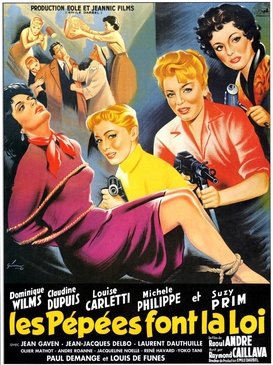
The Babes Make the Law is a 1955 French comedy film directed by Raoul André and starring Claudine Dupuis, Dominique Wilms, Louise Carletti and Michèle Philippe. It was shot at the Billancourt Studios in Paris. The film's sets were designed by the art director Louis Le Barbenchon. It was followed by sequel The Babes in the Secret Service in 1956.

Freddy Buache was a Swiss journalist, cinema critic and film historian. He was the director of the Swiss Film Archive from 1951 to 1996. He was a privatdozent at the University of Lausanne.

Le Lion des Mogols(The Lion of the Moguls) is a 1924 French drama film directed by Jean Epstein. It is the first film that he directed for the Films Albatros production company.

Le Double Amour(Double Love) is a 1925 French melodrama film directed by Jean Epstein and produced by the Films Albatros production company.
Portrait of a Young Girl at the End of the 60s in Brussels is a 1994 television film by Belgian feminist and avant-garde filmmaker Chantal Akerman. It is a semi-autobiographical coming-of-age story with feminist and LGBT themes.
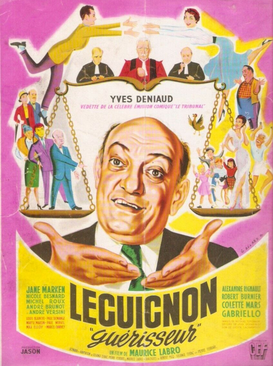
Leguignon the Healer is a 1954 French comedy film directed by Maurice Labro and starring Yves Deniaud, Jane Marken and Nicole Besnard. The film's sets were designed by the art director Jean Douarinou. It was made as a sequel to the 1952 film Monsieur Leguignon, Signalman.
Marguerite Viel (1894-1976) was a French filmmaker who was active during the late 1920s and 1930s. She wrote and directed several films, including Occupe-toi d’Amélie (1932) and La banque Nemo (1934). Viel was also a frequent collaborator of Jean Epstein, lending financial support to many of Epstein's films.
References
- 1 2 Alan Williams, Republic of Images: A History of French Filmmaking (Cambridge, MA: Harvard University Press, 1992).
- ↑ Sandy Flitterman-Lewis, To Desire Differently: Feminism and the French Cinema (New York: Columbia University Press, 1996).
- 1 2 3 Ginette Vincendeau, "Obituaries: Marie Epstein", The Independent, 12 June 1995. Retrieved 2011-04-02.
- ↑ Gwendolyn Audrey Foster, Women Film Directors: An International Bio-Critical Dictionary (Westport, CT: Greenwood Press, 1995).